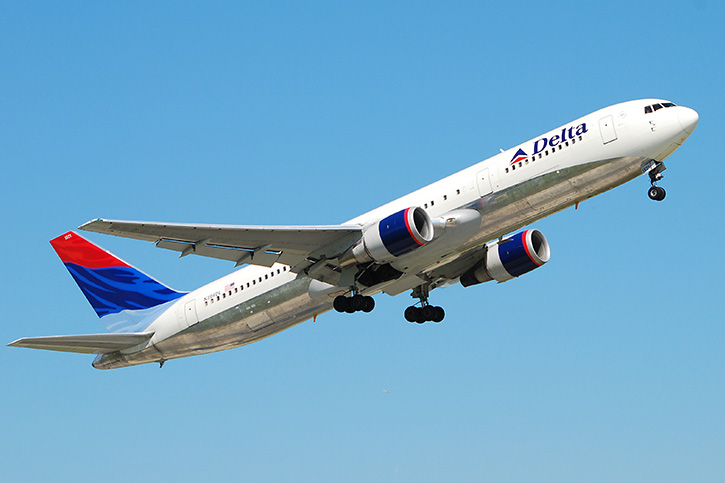
$1.5 billion in just a few months. Drew Voros of ETF.com spoke with Frank Holmes, U.S. Global Investors CEO and chief investment officer, to learn about the JETS story. Below is an excerpt from the interview. Read the full conversation at ETF.com.
ETF.com: “JETS” has been one of the ETFs of the year in performance and popularity that’s seemingly come out of nowhere. What was behind the idea? (Click here to see performance.)
Frank Holmes: I was noticing on my global travels, going to Asia and Africa every year for work with gold company CEOs, that my options to fly had dropped by 30%. The cost of my tickets had doubled. I said to myself, “The airline business has got to be making a lot of money, because they’re just forcing you to pay so much more for your tickets.” At the same time, I was also saying to myself, “I have to get into the ETF business.” So, I went back to my roots of a quant-fundamental approach, did testing and recognized there was no airlines ETF.
ETF.com: JETS launched five years ago and hadn’t gained much traction until this year, when the pandemic hit the U.S. economy. What were you thinking the first few days when the country began locking down, air travel came to a near standstill, and you have an airline ETF?
Holmes: Well, I saw all my assets basically halved. And I was sort of stunned. I thought, “I have to lay off people. I have to downsize. This is quite serious.” And then [Bloomberg’s] Eric Balchunas called me and said “The three cheapest ETFs (as measured by P/E ratio) in the world now are coal, Nigeria and JETS. Why JETS?” And he said, “I know why people are afraid to go to Nigeria. And I know why they aren’t into coal. But what about JETS?”
I explained to him that I thought government policies would do everything they could for the industry because they made mistakes not getting people flying faster before. They learned this after 9/11 and 2008.
Past performance does not guarantee future results. Please click here for standardized performance.
The performance data quoted represents past performance. Past performance does not guarantee future results. The investment return and principal value of an investment will fluctuate so that an investor’s shares, when sold or redeemed, may be worth more or less than their original cost and current performance may be lower or higher than the performance quoted. The expense ratio is 0.60%.
U.S. Global Investors has authored and is responsible for the summary on this page. All opinions expressed and data provided are subject to change without notice. Opinions are not guaranteed and should not be considered investment advice.
The outbreak of the COVID-19 pandemic and the resulting actions to control or slow the spread has had a significant detrimental effect on the global and domestic economies, financial markets and industries, including airlines. U.S. Global Investors continues to monitor the impact of COVID-19, but it is too early to determine the full impact this virus may have on commercial aviation. Should this emerging macro-economic risk continue for an extended period, there could be an adverse material financial impact to the U.S. Global Jets ETF.
The price-to-earnings ratio is calculated by dividing the current stock price by the earnings per share. It is a ratio for valuing a company and is sometimes known as the price multiple or earnings multiple.
